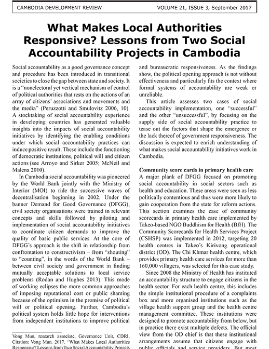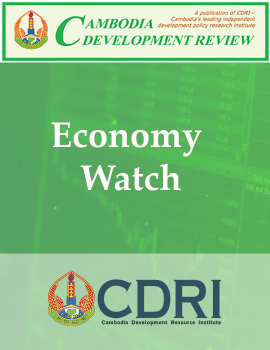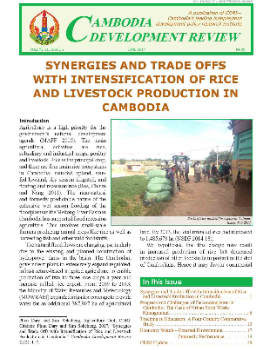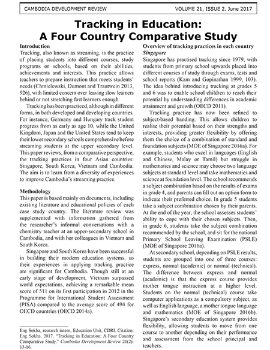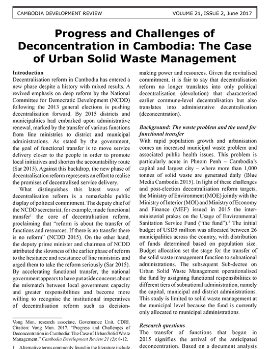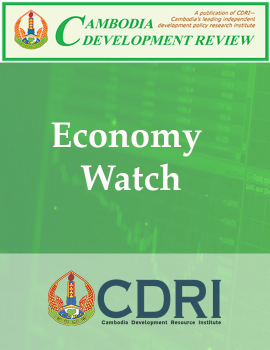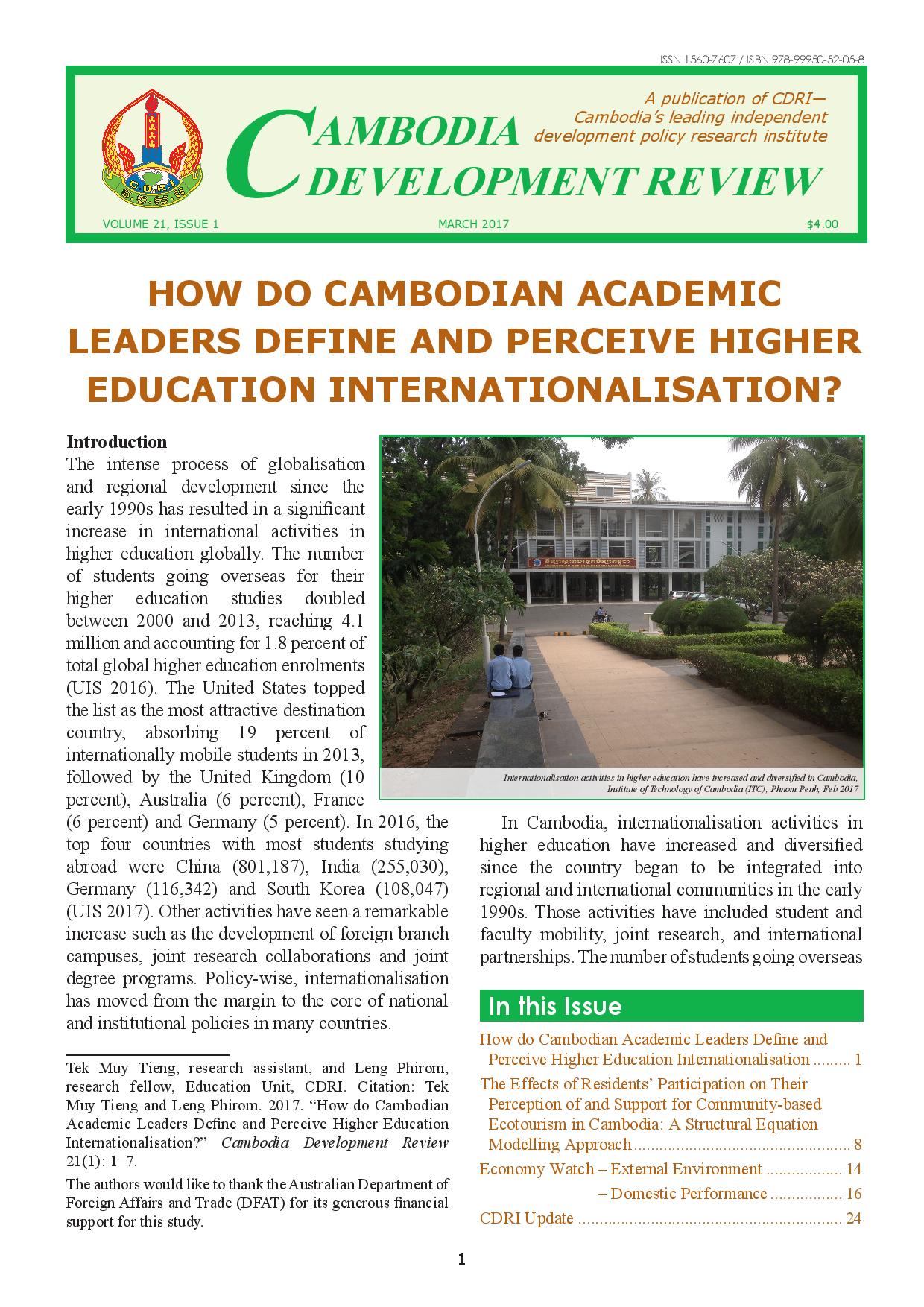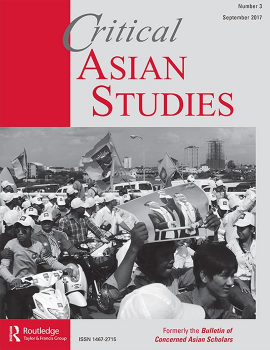
Coming of Age in Peace, Prosperity, and Connectivity: Cambodia’s Young Electorate and Its Impact on the Ruling Party’s Political Strategies
Cambodia’s youthful population is significantly responsible for a recent unexpected decline in the popularity of the Cambodian People’s Party, which has governed since the end of the Khmer Rouge regime. This increasingly young electorate has lived through an era of peace and openness with regular multi-party elections and impressive economic growth...
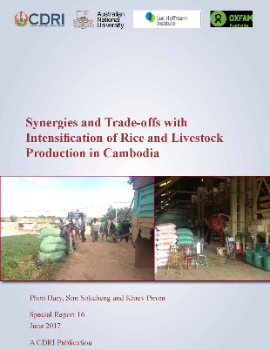
Synergies and Trade-offs with Intensification of Rice and Livestock Production in Cambodia
This study examines the benefits, risks and costs of changing from flood recession to intensive irrigated agriculture in Cambodia. Methods used include food supply calculation, nutritional supply estimation, potential production area projection, water use estimation, and energy consumption estimation. Three scenarios were designed to model current...
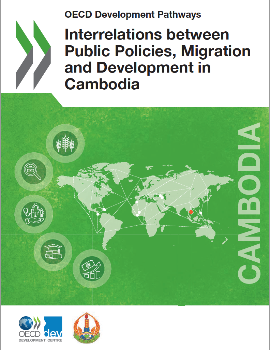
Interrelations between Public Policies, Migration and Development in Cambodia
Emigration is a significant and growing phenomenon for Cambodia. Between 2000 and 2015, the stock of Cambodians abroad increased by about 160%, from around half a million to 1.2 million people. Today, about 10% of Cambodians over the age of 15 plan to emigrate. Despite the country’s steady economic growth, labour market demand has not been sufficie...

